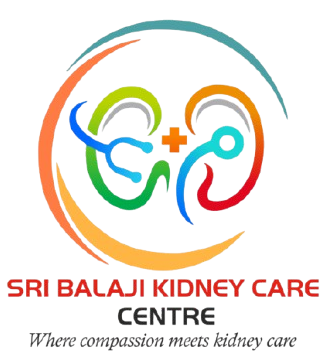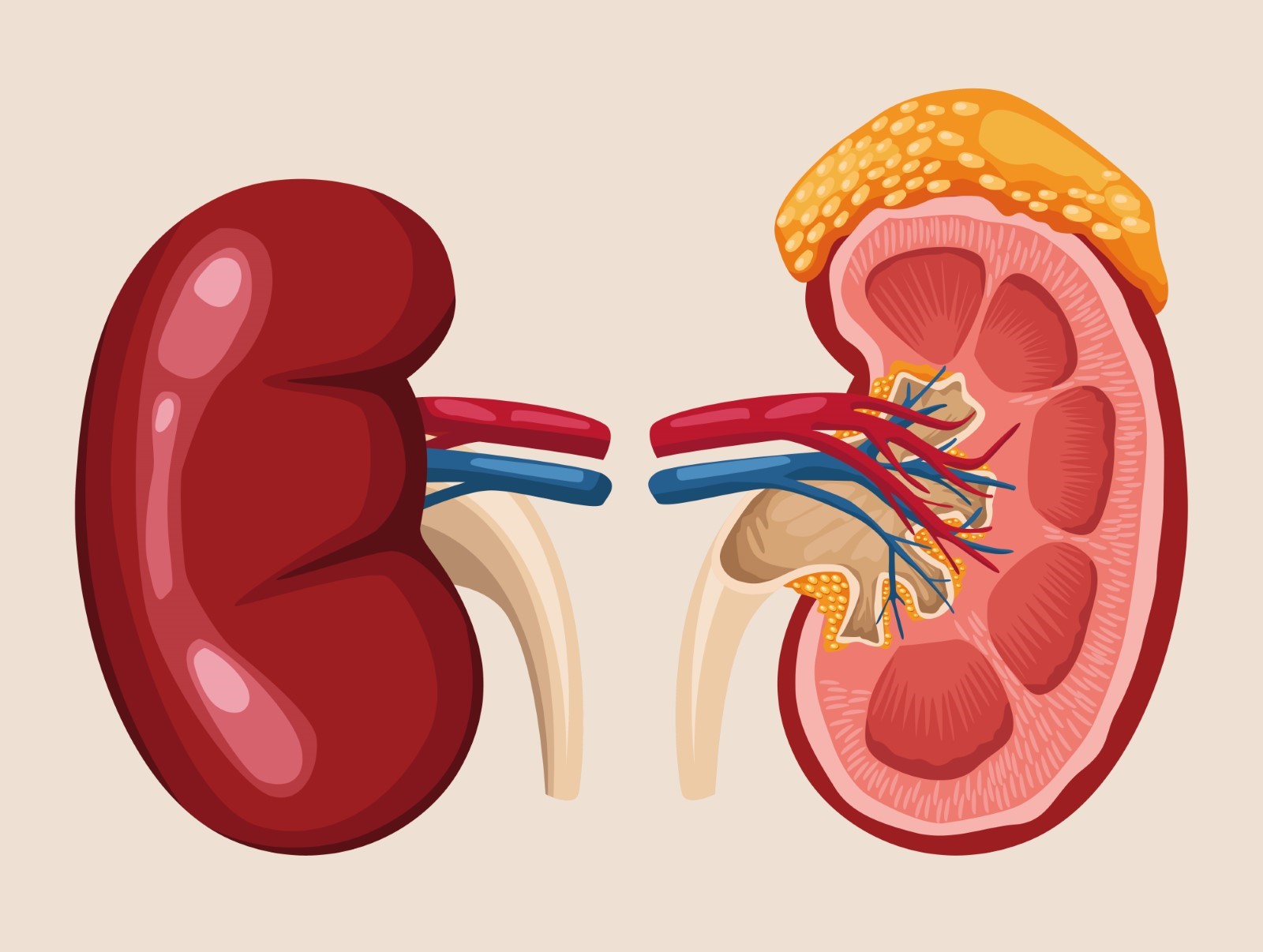Imagine your kidneys suddenly facing a traffic jam. Imagine they’re no longer filtering waste as they should. This is Acute Kidney Injury (AKI), a sudden loss of kidney function that happens in hours or days. Think of it as your kidneys going on strike. Understandably, what this means can be daunting, but breaking it down helps.
AKI is a growing concern worldwide. In India, cases have seen a significant rise. Recent statistics show that AKI affects over 13 million people globally each year, with India contributing a notable number to this figure. With an increasing population, urban development, and lifestyle changes, India is seeing a spike in cases. The numbers bring a clear message: awareness is crucial.
Why bother learning about acute kidney injury causes and symptoms? Because knowledge is power, especially when it comes to health. Understanding AKI means knowing how to prevent it and how to bounce back from it effectively.
This blog isn’t just to inform. It’s here to guide. We’ll help you understand AKI, prevent it, and if needed, recover from it. It’s about the journey from discovery to recovery.
Understanding and Identifying Acute Kidney Injury
Every story has a beginning, and acute kidney injury causes are the start here. AKI can result from three primary sources:
- Pre-renal causes: These are the most common, often due to sudden drops in blood flow. Think of severe dehydration, major blood loss, or heart problems.
- Intrinsic causes: Here the kidneys themselves face direct damage. It could be due to infections or toxic medications.
- Post-renal causes: This happens when there’s a blockage in the urine flow.
In India, acute kidney injury risk factors often include high blood pressure, diabetes, or even genetic predispositions. Environmental factors like pollution can also play a part. As can habits such as consuming certain medications without medical advice.
Recognizing acute kidney injury symptoms early—like decreased urine output or swelling—can be life-saving. Early detection can make all the difference. Several success stories show how increased awareness can lead to timely interventions.
But myths abound, like believing AKI only affects the elderly, which isn’t true. Acute kidney injury can affect anyone, anytime. Recognizing the reality dispels fear and empowers proactive health decisions.
Innovations and Treating Acute Kidney Injury
Once acute kidney injury diagnosis occurs, what next? The road to recovery is varied. Traditional treatments like dialysis are common. But recent advances in technology offer innovative alternatives.
- New medications are being developed that repair kidney damage faster.
- In India, hospitals increasingly use nephrology imaging to get precise diagnoses.
- Exciting breakthroughs are continually reducing acute kidney injury recovery time.
India plays a significant role in these advances, pushing boundaries in treatment techniques. Across the country, stories of recovery abound. Patients from various states share testimonials about how new treatments gave them their lives back.
Routine check-ups and screenings catch potential issues before they escalate. Health programs throughout India encourage people to participate in these screenings to catch early signs of AKI.
Cultural Aspects and Lifestyle Changes for Kidney Health
Culture and lifestyle profoundly influence kidney health. In India, where food and tradition are closely knit, the impact on kidney health is tremendous. Certain dietary habits that are culturally significant might impact kidney functions negatively.
To support healthy kidneys:
- Limit excessive spicy and salty foods, as they can stress the kidneys.
- Stay hydrated. Water helps kidneys function optimally.
- Include fruits and vegetables, which aid in balancing electrolytes in the body.
Mixing traditional practices with modern preventive strategies offers the best of both worlds. Simple lifestyle shifts can profoundly enhance kidney health. Control sugar intake, focus on balanced meals, and engage in regular exercise.
Finally, the call to action is clear: adopt healthy practices, stay informed, and make kidney health a priority. A proactive approach helps steer clear of AKI, ensuring a life where kidneys continue to efficiently work in the background, just as they should.

